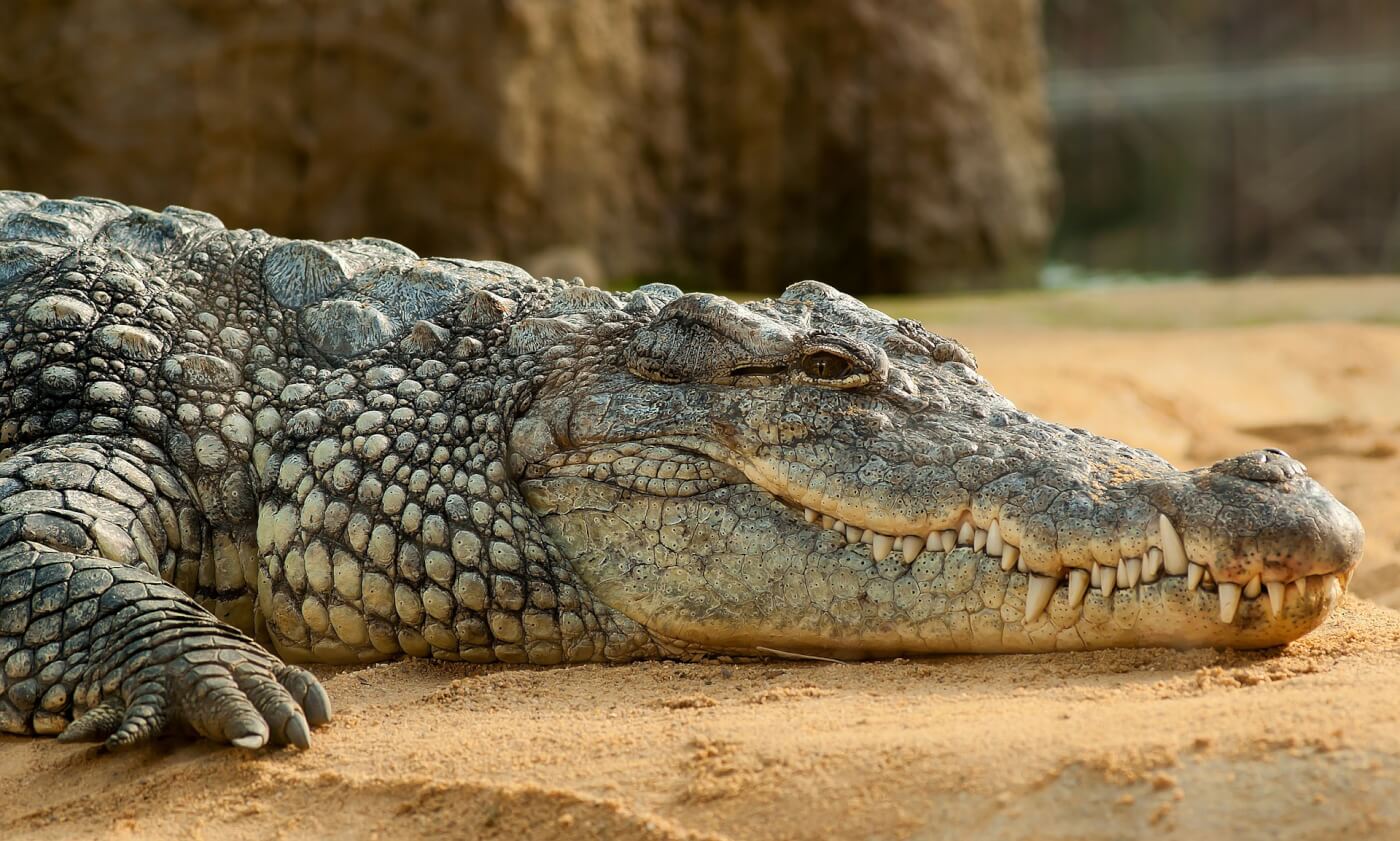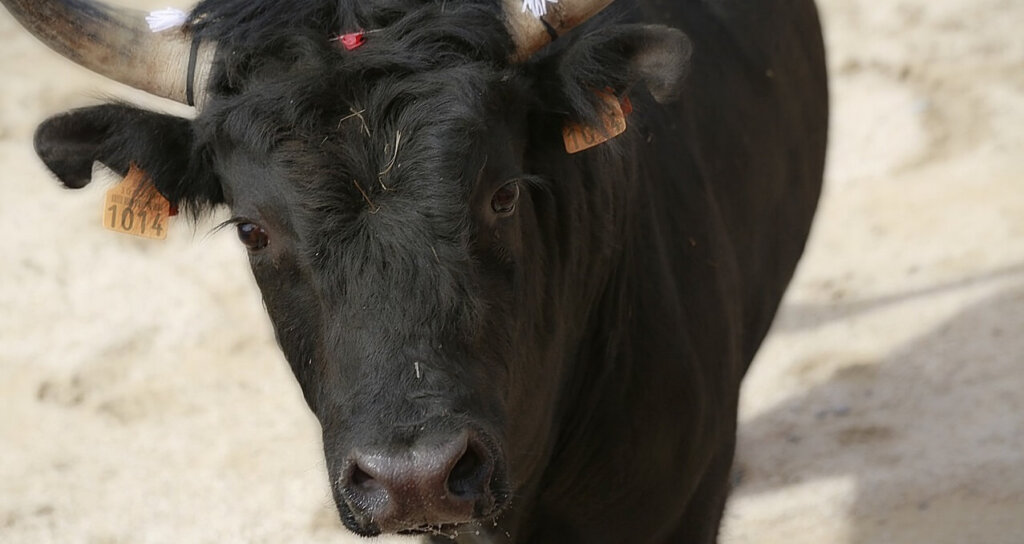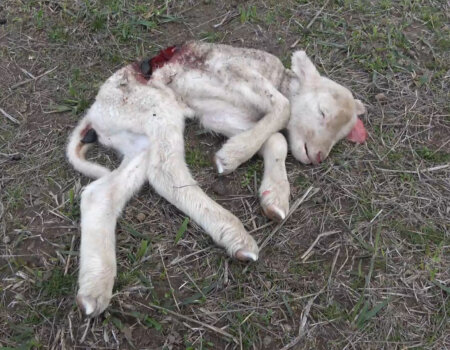
Here’s Why More Australian Brands Are Banning Wild-Animal Skins
Prominent Australian fashion retailer FAITHFULL and leading accessory labels LMS and Aquila have just committed to never again using wild-animal skins, such as those torn from crocodiles, snakes, and lizards.
These compassionate moves come after PETA shared a new exposé with the brands revealing that in the wild-animal skins industry in Thailand, thousands of snakes are cruelly confined, bashed on the head with hammers, and impaled with hooks while still moving. A PETA Asia investigation into crocodile farming showed how those bred for their skin spend their lives in barren enclosures containing murky pits of water before being violently killed. A PETA US investigation into ostrich-slaughter companies found that workers forced birds into stun boxes and slit their throats.
In addition to being cruel, the production of wild-animal sis a risk to public health. Conservation experts have warned that the next zoonotic disease to affect humans could come from the fashion industry, owing to the blood-soaked environments of slaughterhouses where crocodiles, ostriches, snakes, and lizards are killed and the confinement of animals on crowded farms and in filthy tanks. Such conditions, similar to those of live-animal markets, amplify the risk of animal-borne illnesses, which have the potential to be transmitted to other species, including humans.
Designers which have banned wild-animal skins include Mulberry, Vivienne Westwood, Victoria Beckham, Chanel, and Burberry, along with the Australian brand Ginger & Smart. Copenhagen Fashion Week also recently announced a ban on wild-animal skins on its catwalks.
We applaud FAITHFULL, LMS, and Aquila for banning cruelly obtained and environmentally damaging wild-animal skins. The wild-animal skins industry causes immense suffering and threaten biodiversity, and we urge all brands that are serious about animal welfare and sustainability to follow suit!
Let’s make 2025 a historic year for animals




